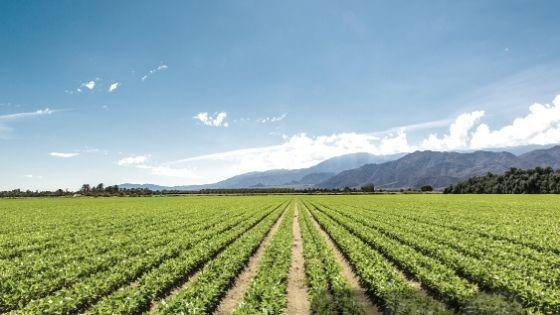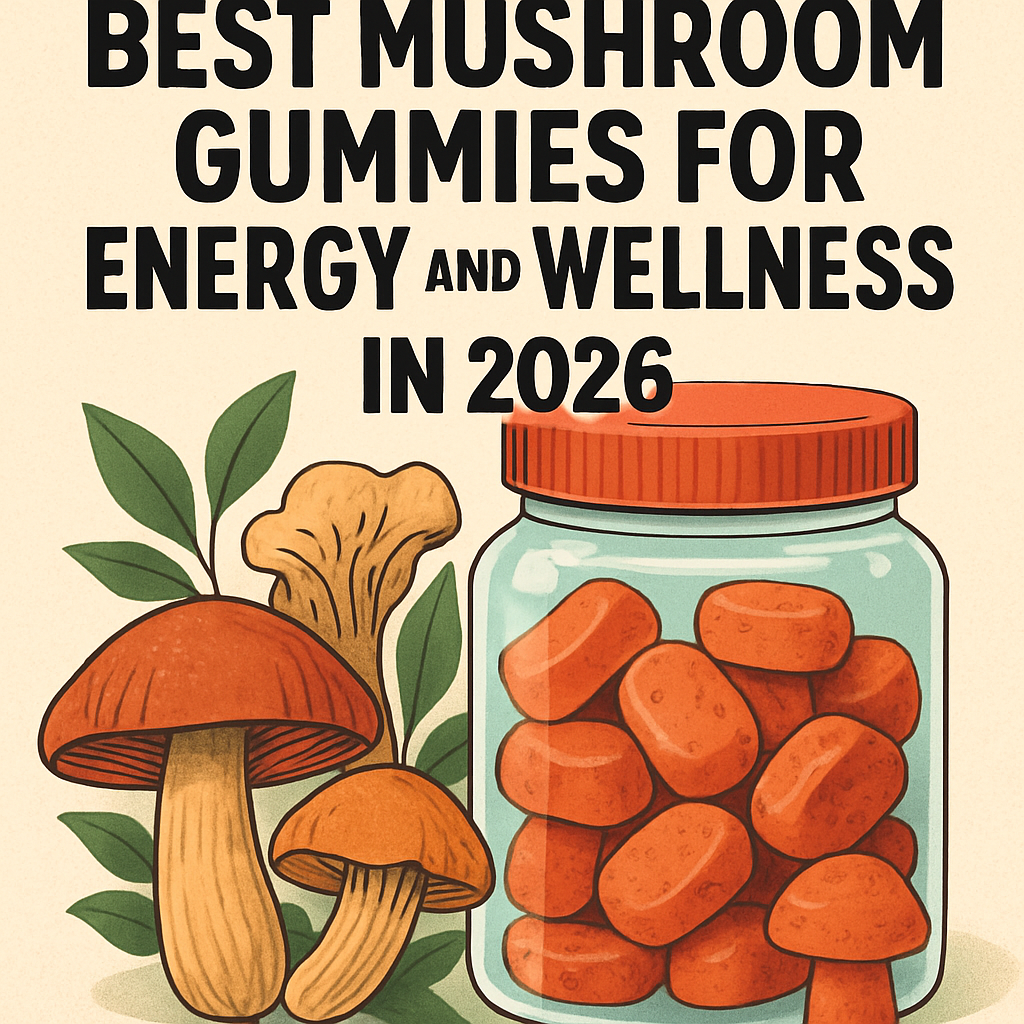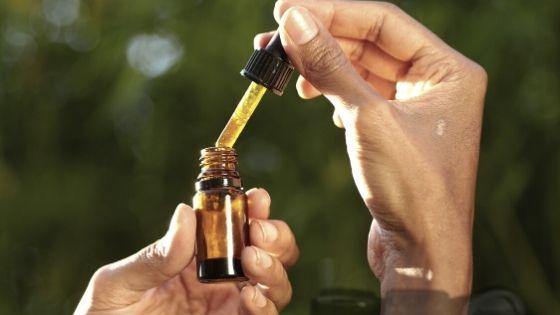What The 2018 US Farm Bill Means For CBD

The 2018 Farm Bill:
In a rare show of bipartisan agreement, Congress and the White House passed the 2018 Farm Bill, creating a major turning point for hemp and CBD in America. But what exactly changed—and how does it affect the CBD and hemp-derived products you enjoy today?
Hemp Is No Longer a Controlled Substance
The Farm Bill removed hemp from the Controlled Substances Act, officially recognizing it as an agricultural commodity distinct from marijuana. This landmark decision means that hemp—and its natural compounds such as CBD—can be grown, sold, and shipped nationwide, opening doors for farmers and retailers alike.
Hemp Redefined: Extracts, Cannabinoids & Derivatives
The legislation also redefined hemp to include its extracts, cannabinoids, and derivatives. This means hemp-derived CBD is explicitly legal. Farmers can grow hemp across the U.S., access USDA crop insurance, and apply for federal research and certification programs. Importantly, the DEA can no longer interfere with transporting or selling hemp products across state lines.
Explore our full collection of CBD products—from soothing CBD tinctures to fast-acting CBD vapes—all sourced from federally compliant hemp.
Easier Banking and Lower Consumer Prices
Another key win: banks, credit card processors, and even commodity markets can now work confidently with hemp businesses. With fewer financial barriers and increased domestic supply, CBD prices have already become more competitive—good news for consumers.
A Green Light for Innovation and Sustainability
The Farm Bill isn’t just about wellness. Hemp is a renewable resource that can replace plastics, paper, and even certain oils. By encouraging large-scale cultivation and research, the bill supports a future of eco-friendly, hemp-based alternatives.
Check out eco-conscious favorites like THCa flower and full-spectrum hemp gummies that showcase hemp’s versatility.
What About the FDA?
While hemp is legal, the FDA still oversees how CBD is marketed and added to foods or supplements. Expect evolving guidance as more research and consumer demand shape federal policy.
Bottom line: The 2018 Farm Bill transformed hemp from a tightly restricted crop into a nationwide agricultural powerhouse—paving the way for better access, lower prices, and exciting innovations.
Ready to experience the benefits? Explore Coastal Hemp Co. for third-party tested, Farm Bill–compliant products you can trust.





Comments